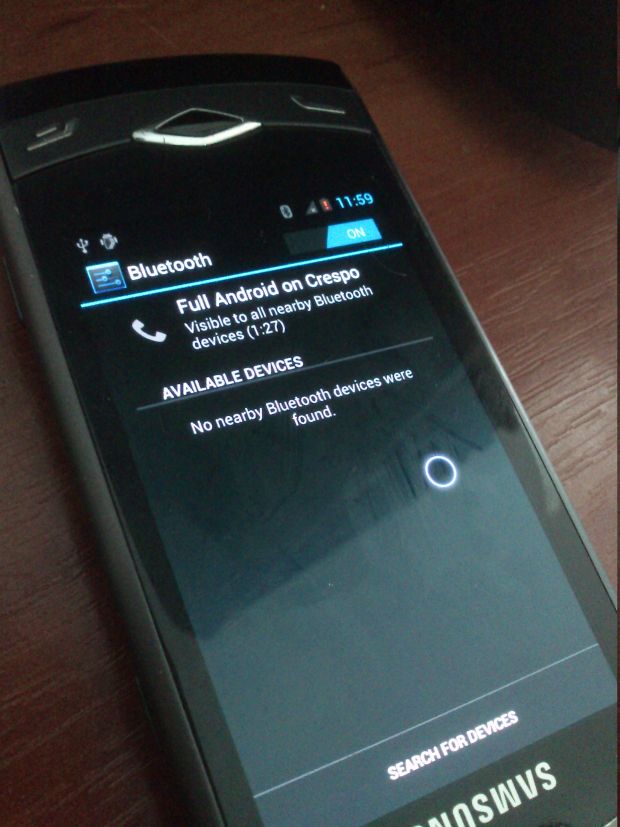There are now a number of projects focussed on creating an open source alternative to Flash Player; and Lightspark is one of them. Lightspark is a rather recent project, and unlike the previous Gnash project it seems to be advancing at quite a rapid pace. Lightspark and Gnash work together to provide a lager set of Flash Player features.
Gnash, for those who haven’t heard of it, is a GNU project project that has been around since many years, and aims to be an open source implementation of the Flash Player. With Flash Player 9 Adobe created an entirely new virtual machine for this player, and heavily modified the ActionScript language for the new AVM2 (ActionScript Virtual Machine 2). Gnash mostly only implements features of Flash Player up to v8 which still used ActionScript 2, and AVM1. This enables it to run many web games which is still coded using ActionScript 2.0 and it can play back FLV-based Flash Video.
Lightspark on the other hand took a different direction, and went for supporting the newer Flash Player 9 and above features. It only implements the AVM2 and can thus only work with swf files that are coded using ActionScript 3.0. If Gnash is available, Lightspark can fall back to Gnash so if there is anything Lightspark cant handle, Gnash will have a go.
The recent 0.7 release of Lightspark brings a number of new features, and improvements to existing features. It supports the new LZMA compressed swf files that can be generated by recent versions of Flash. It also adds experimental support for bytecode optimization, and support for XMLSocket. Other than these features, the following improvements have been made:
- Improved BitmapData support
- Improved ActionScript compatibility
- Improved virtual machine performance and memory consumption
- Improved XML support
- Improved ExternalInterface (browser integration) support
- Improved performance of JPEG loading
- Completely redesigned and improved masking support
While Adobe has abandoned non-desktop market, and non-x86 architectures for their Flash Player, and even left out Linux users (unless they use Google Chrome), Lightspark is open source, and capable of running on numerous architectures and on Windows, Mac OSX and Linux. It is already a good alternative to the official Flash Player for casual browsing.
You can find out more about this release from the author’s blog.



